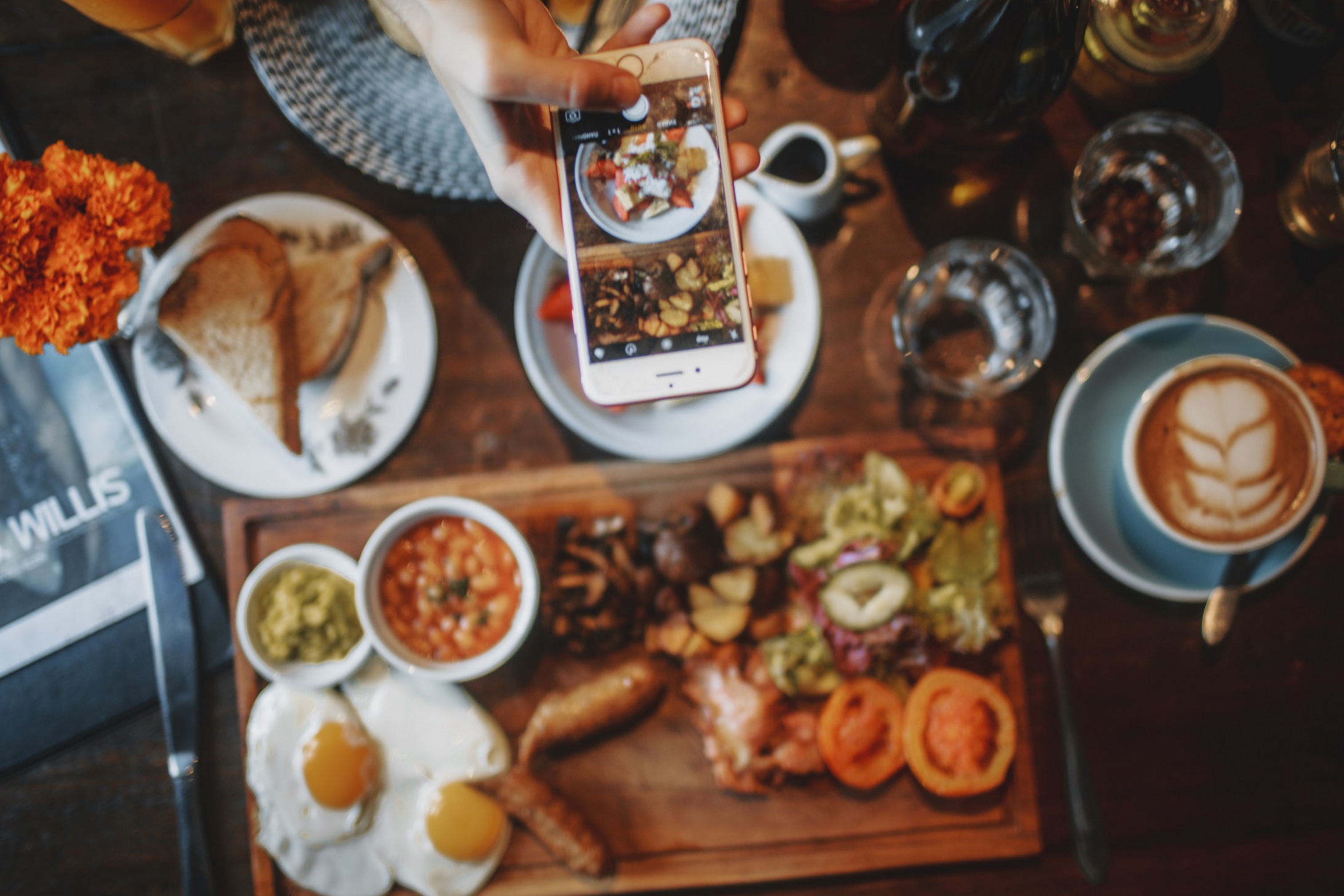5 social media marketing strategies for your restaurant business
- Wednesday, September 1st, 2021
- Share this article:
Bernadine Racoma, Content Manager at WorkSmartr.com, looks at how restaurant businesses can leverage the power of social media.
 A savvy restaurateur will invest effort and resources to set up a solid social media presence for the brand. The guests are online and most likely will talk about your food and the service. It is impossible nowadays that a restaurant has zero reviews on Qype or TripAdvisor. Guests have scoured your Facebook profile or have posted a picture of a savoury dish from your restaurant with a trending hashtag. There are over a billion users on any social media platform right now, and it doesnt make sense for restaurateurs not to optimise this opportunity. It is a low hanging fruit for brand awareness that your brand is part of any conversation. A solid online presence and a massive following in social media guarantee the following benefits.
A savvy restaurateur will invest effort and resources to set up a solid social media presence for the brand. The guests are online and most likely will talk about your food and the service. It is impossible nowadays that a restaurant has zero reviews on Qype or TripAdvisor. Guests have scoured your Facebook profile or have posted a picture of a savoury dish from your restaurant with a trending hashtag. There are over a billion users on any social media platform right now, and it doesnt make sense for restaurateurs not to optimise this opportunity. It is a low hanging fruit for brand awareness that your brand is part of any conversation. A solid online presence and a massive following in social media guarantee the following benefits.
- Effective traffic generator. The online shop or the restaurant website would have one of the top rankings on the search engine page due to good reviews and client testimonials.
- Loyal following. You will then have them as your regular guests.
- Free advertising. Post promotions or delectable dishes to whet guests appetite. You are always top of mind, especially when captions and hashtags are well-curated.
- A platform to recover guests’ complaints and answer queries. This will help improve your service.
- Social media engagement. Incorporate marketing strategies into postings to encourage guest involvement.
Find a provider that can offer more complete web design solutions for a more professional approach. Their expertise is not limited to graphic design, but expands further to social media management, search engine optimisation, content marketing strategy, and more.
Here are five social media strategies you can deploy to increase restaurant brand awareness and following.
Upload mouthwatering photos
The food apart from service is your bait for the guests to come and be loyal patrons. Curate a feed that encourages customers to dine in. Share as many food photos as possible and schedule them strategically. Most marketers share them in the morning or before dinner to entice diners to come on those dayparts.
Never limit your posts to food shots. Explore posting photos of the employees, the chef, or the entire service. Share a restaurant journey via social media by documenting fresh produce arriving, processing, and serving it as a salad. In this way, there will be guest engagement as they peek into the preparation process. Utilise social media to promote your restaurant by using management tools that make all the channels accessible.
Offer exclusive promos to followers
Guests want to feel involved and part of your restaurant family. Make your loyalists feel important by posting discounts and giveaways exclusively for them. Spoil your patrons so others guests will join the bandwagon. A simple token like a free appetiser or a free dinner is a small amount compared to the benefits it can bring to your diners.
Engage
Balance out promotional posts with content relating to current affairs, the restaurant industry, the global pandemic, etc. Respond to mentions and comments by engaging with your clientele. Veer away from an automated response and make your messages personalised.
User-generated content
Actively create a loyal following through encouragement to share user-generated content. This strategy blends engagement with free advertising. Moreover, your guest will feel involved. An effective strategy is a photo-sharing contest. You can ask your followers to post a picture of their favourite meal with a hashtag and mention of your restaurant. In this way, you can repost this and share it with your followers. This activity aims to strengthen engagement and keep the accounts active.
Be active on review sites
Treat every feedback seriously, whether good, bad, or neutral. Guest complaints arise because the customers care about your brand, and they want you to improve. Respond timely to each and with the intent to service recovery. Treat bad reviews as though the customers are still in the restaurant. Listen to the complaint, apologise, solve the problem, and thank the guest.
Most customers read reviews before dining at the restaurant. So reviews must be answered and managed. They can make or break your brand. Being proactive on customer reviews, both good and negative, is an excellent way to promote your business.
To this day, traditional word of mouth is still the most powerful kind of advertising and promotion. Most people trust a recommendation more than advertising. The word of mouth recommendation has shifted online to social media. The success and longevity of your restaurant brand depend on the social media strategy you deploy and the level of engagement you have with your diners.
















